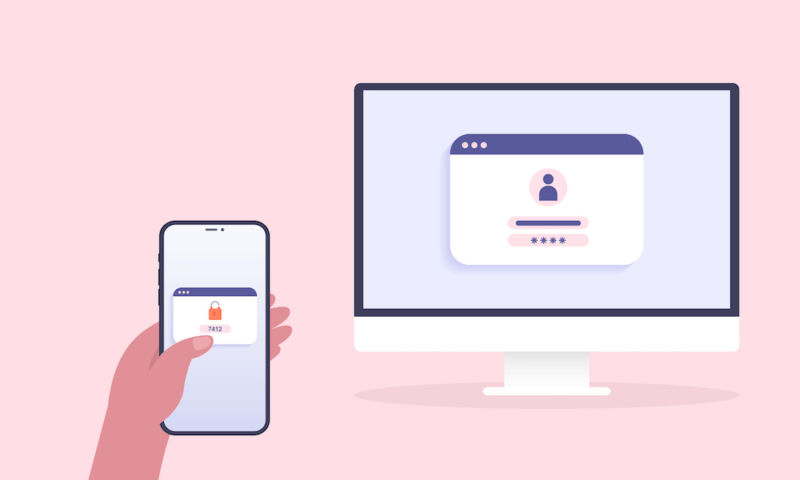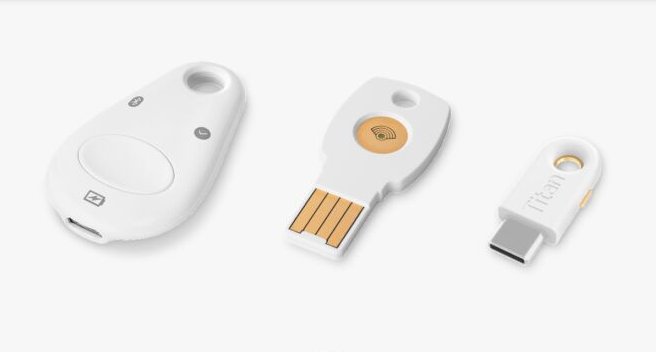-
 chevron_right
chevron_right
Still using authenticators for MFA? Software for sale can hack you anyway
news.movim.eu / ArsTechnica · Tuesday, 14 March, 2023 - 20:09

Enlarge (credit: Getty Images)
Microsoft on Tuesday profiled software for sale in online forums that makes it easy for criminals to deploy phishing campaigns that successfully compromise accounts, even when they’re protected by the most common form of multi-factor authentication.
The phishing kit is the engine that’s powering more than 1 million malicious emails each day, researchers with the Microsoft Threat Intelligence team said . The software, which sells for $300 for a standard version and $1,000 for VIP users, offers a variety of advanced features for streamlining the deployment of phishing campaigns and increasing their chances of bypassing anti-phishing defenses.
One of the most salient features is the built-in ability to bypass some forms of multi-factor authentication. Also known as MFA, two-factor authentication, or 2FA, this protection requires account holders to prove their identity not only with a password but also by using something only they own (such as a security key or authenticator app) or something only they are (such as a fingerprint or facial scan). MFA has become a major defense against account takeovers because the theft of a password alone isn’t sufficient for an attacker to gain control.


